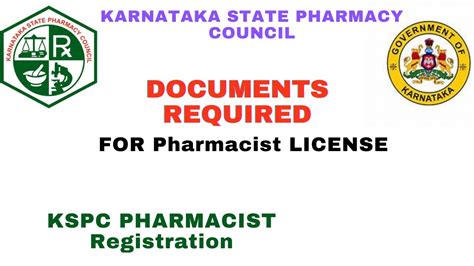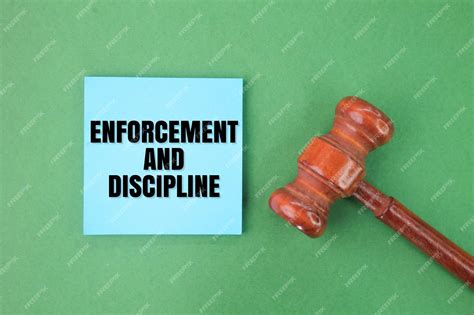Intro
Navigate Californias pharmacy landscape with ease. Learn about the California State Board of Pharmacys licensing requirements, regulations, and laws governing pharmacists, pharmacies, and pharmaceuticals. Understand the boards role in ensuring public health and safety, and stay compliant with Californias pharmacy laws and regulations.
The California State Board of Pharmacy plays a vital role in ensuring the health and safety of California residents by regulating the practice of pharmacy in the state. As the primary regulatory agency for pharmacists, pharmacies, and pharmaceutical manufacturers, the Board sets and enforces standards for licensure, practice, and patient care. In this article, we will delve into the licensing and regulatory requirements for pharmacists, pharmacies, and pharmaceutical manufacturers in California.
The Importance of Pharmacy Regulation
Pharmacy regulation is crucial to ensure that patients receive safe and effective care. The California State Board of Pharmacy is responsible for protecting the public from unqualified or unlicensed practitioners, as well as from pharmacies that do not meet minimum standards for practice. By regulating the practice of pharmacy, the Board helps to prevent medication errors, ensure proper dispensing and storage of medications, and promote patient safety.
Licensure Requirements for Pharmacists
To practice as a pharmacist in California, individuals must obtain a license from the California State Board of Pharmacy. The licensure process involves several steps:

- Meet the Educational Requirements: Applicants must graduate from an accredited pharmacy program and earn a Doctor of Pharmacy (PharmD) degree.
- Pass the Licensure Exam: Applicants must pass the North American Pharmacist Licensure Examination (NAPLEX) and the California Practice Standards and Jurisprudence Examination for Pharmacists.
- Complete the Background Check: Applicants must undergo a background check and submit fingerprints to the Federal Bureau of Investigation (FBI) and the California Department of Justice.
- Apply for Licensure: Applicants must submit an application to the California State Board of Pharmacy, along with the required fee and documentation.
Pharmacy Licensure Requirements
Pharmacies in California must also obtain a license from the California State Board of Pharmacy. The licensure process for pharmacies involves:

- Meet the Facility Requirements: Pharmacies must meet minimum standards for facility design, equipment, and sanitation.
- Employ a Licensed Pharmacist: Pharmacies must employ a licensed pharmacist to supervise the practice of pharmacy.
- Maintain Accurate Records: Pharmacies must maintain accurate records of prescriptions, patient information, and inventory.
- Comply with State and Federal Laws: Pharmacies must comply with state and federal laws regarding pharmacy practice, including laws related to controlled substances and patient confidentiality.
Regulations for Pharmaceutical Manufacturers
Pharmaceutical manufacturers in California must comply with state and federal regulations regarding the manufacture, distribution, and sale of pharmaceuticals. The California State Board of Pharmacy regulates pharmaceutical manufacturers to ensure that products are safe, effective, and manufactured in compliance with good manufacturing practices (GMPs).

- Register with the Board: Pharmaceutical manufacturers must register with the California State Board of Pharmacy and pay the required fee.
- Comply with GMPs: Pharmaceutical manufacturers must comply with GMPs, including standards for personnel, facilities, equipment, and quality control.
- Label and Package Products Correctly: Pharmaceutical manufacturers must label and package products correctly, including proper labeling of ingredients, dosage instructions, and warnings.
- Report Adverse Events: Pharmaceutical manufacturers must report adverse events related to their products to the California State Board of Pharmacy and the FDA.
Enforcement and Discipline
The California State Board of Pharmacy has the authority to enforce regulations and discipline licensees who fail to comply with state laws and regulations. The Board may take disciplinary action, including:

- License Revocation: The Board may revoke a licensee's license for serious violations, such as practicing pharmacy without a license or violating patient confidentiality.
- License Suspension: The Board may suspend a licensee's license for less serious violations, such as failing to maintain accurate records or violating pharmacy practice standards.
- Fines and Penalties: The Board may impose fines and penalties on licensees who fail to comply with regulations, including fines for violating controlled substance laws.
Conclusion
The California State Board of Pharmacy plays a critical role in ensuring the health and safety of California residents by regulating the practice of pharmacy. By understanding the licensing and regulatory requirements for pharmacists, pharmacies, and pharmaceutical manufacturers, individuals can ensure that they are in compliance with state laws and regulations. If you have any questions or concerns about pharmacy regulation in California, we encourage you to contact the California State Board of Pharmacy or seek guidance from a qualified healthcare professional.
What are the educational requirements for pharmacists in California?
+To practice as a pharmacist in California, individuals must graduate from an accredited pharmacy program and earn a Doctor of Pharmacy (PharmD) degree.
What are the licensure requirements for pharmacies in California?
+Pharmacies in California must meet minimum standards for facility design, equipment, and sanitation, employ a licensed pharmacist, maintain accurate records, and comply with state and federal laws.
What are the regulations for pharmaceutical manufacturers in California?
+Pharmaceutical manufacturers in California must register with the Board, comply with good manufacturing practices (GMPs), label and package products correctly, and report adverse events related to their products.
